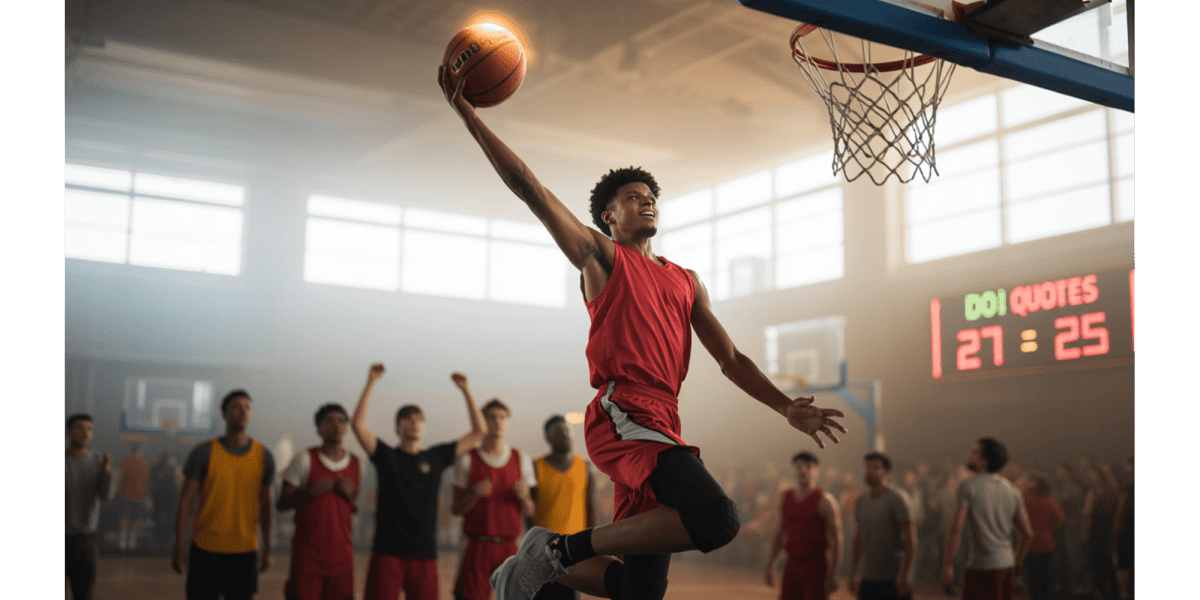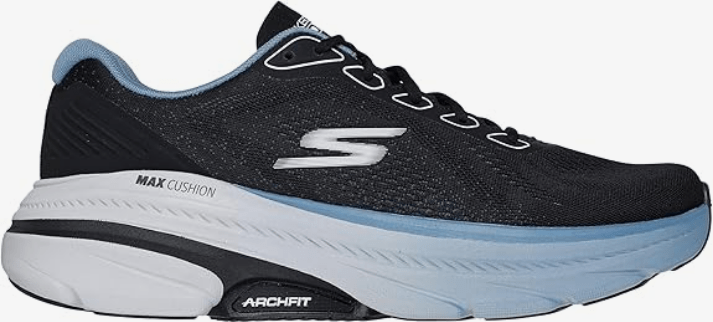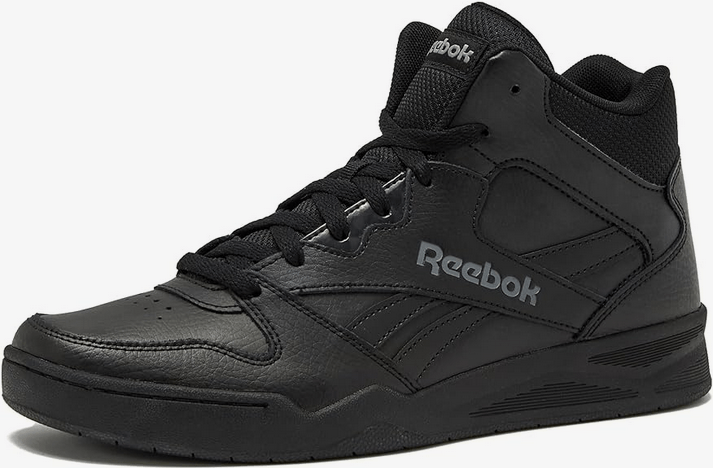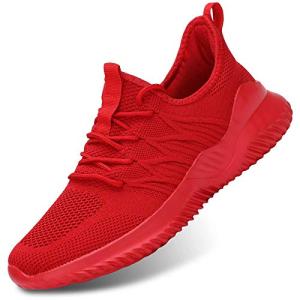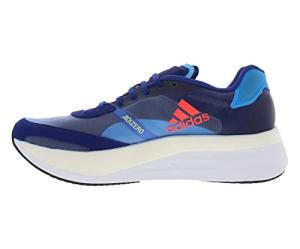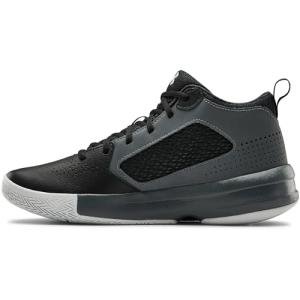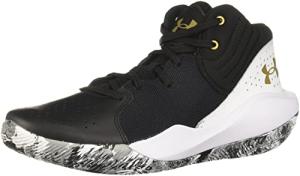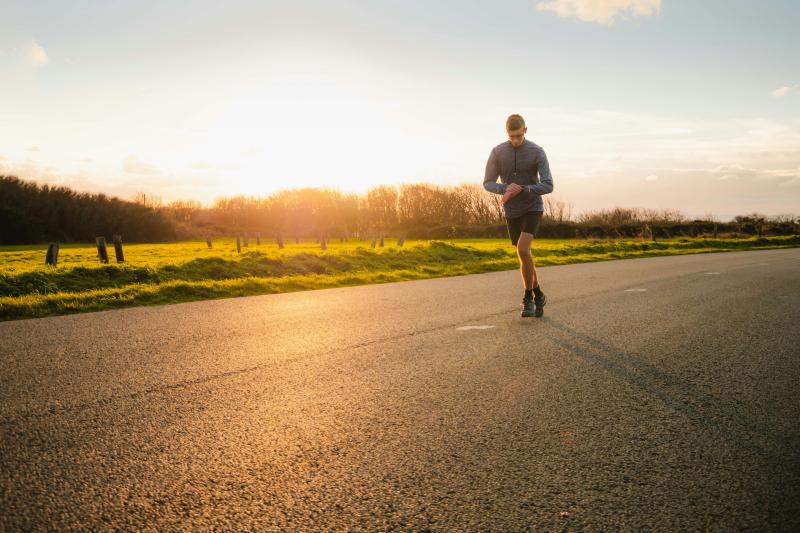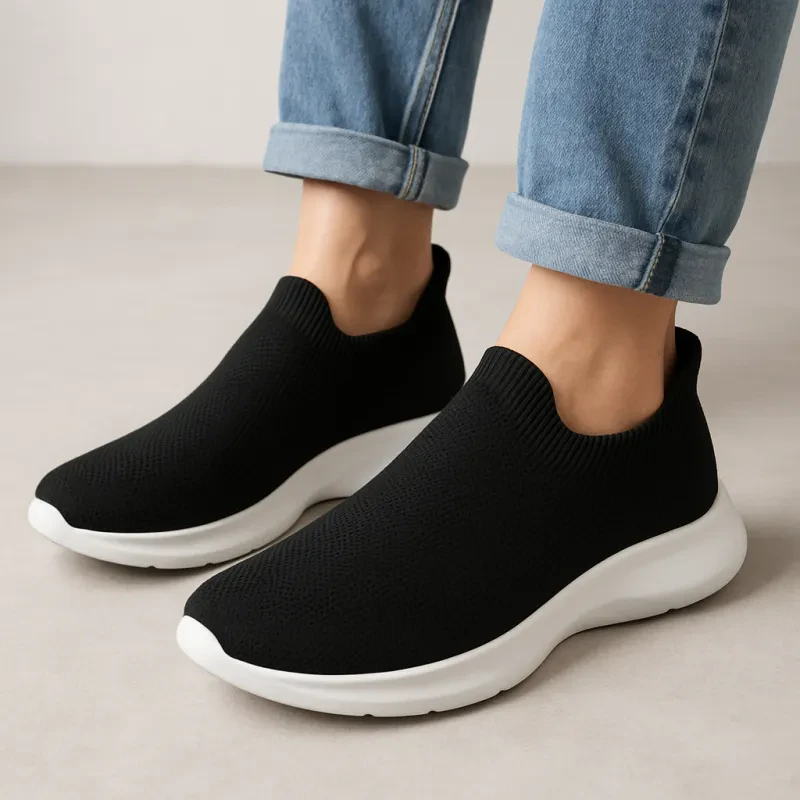Sports-Specific Sneakers: Choosing the Right Footwear for Your Activity
Introduction
When it comes to participating in sports or engaging in physical activities, having the right footwear is crucial. Sports-specific sneakers are designed to provide the necessary support, stability, and cushioning required for specific activities. Whether you're a runner, basketball player, tennis enthusiast, or gym-goer, choosing the appropriate footwear can enhance your performance and reduce the risk of injuries. In this comprehensive guide, we will explore the importance of sports-specific sneakers and provide valuable insights into selecting the right footwear for your chosen activity.
Why Are Sports-Specific Sneakers Important?
Sports-specific sneakers offer a range of benefits that generic athletic shoes may not provide. They are designed to meet the specific demands of different sports, taking into account the movements, surfaces, and impact forces involved. Here are a few reasons why investing in sports-specific sneakers is essential:
Optimal Performance: Sports-specific sneakers are engineered to optimize performance by providing the necessary features for each activity. They offer targeted support, flexibility, and traction, allowing you to move efficiently and comfortably.
Injury Prevention: Wearing the wrong footwear while engaging in sports can lead to various injuries, including sprained ankles, stress fractures, and joint pain. Sports-specific sneakers are designed with protective features, such as reinforced soles, ankle support, and impact-absorbing cushioning, to minimize the risk of injury.
Comfort and Fit: Sports-specific sneakers are crafted with materials and technologies that prioritize comfort and fit. They offer ample cushioning, breathability, and a snug fit to ensure you can perform at your best without discomfort or distractions.
Durability: Engaging in sports can be demanding on footwear. Sports-specific sneakers are built to withstand the rigors of the activity, providing durability and longevity. They are designed with reinforced areas, durable outsoles, and abrasion-resistant materials to withstand frequent use.
Now that we understand the importance of sports-specific sneakers, let's delve into choosing the right footwear for your specific activity.
Running Shoes: Hitting the Pavement with Confidence
If you're an avid runner or considering taking up running as a form of exercise, investing in a pair of quality running shoes is paramount. Running shoes are specifically designed to provide the necessary support, cushioning, and stability for the repetitive impact experienced during running. Here are some key factors to consider when choosing running shoes:
Skechers Max Cushion Walking & Running Shoe
Foot Type and Pronation
Understanding your foot type and pronation is crucial in selecting the right running shoes. Pronation refers to the natural inward rolling of the foot as it lands on the ground. There are three types of pronation: neutral pronation, overpronation, and underpronation (supination).
Neutral Pronation: If you have a neutral pronation, your foot rolls slightly inward upon landing, distributing the impact evenly. Look for running shoes with moderate arch support and cushioning for optimal comfort and stability.
Overpronation: Overpronation occurs when the foot excessively rolls inward. It can lead to issues such as knee pain and shin splints. Opt for running shoes with stability features, such as dual-density midsoles or medial posts, to help control pronation and provide additional support.
Underpronation (Supination): Underpronation, also known as supination, happens when the foot doesn't roll inward enough upon landing. It can result in high-impact forces on the outer edge of the foot. Choose running shoes with extra cushioning and flexibility to absorb shock and promote a more neutral stride.
Cushioning and Shock Absorption
Proper cushioning and shock absorption are vital for runners to minimize the impact on joints and muscles. Running shoes typically offer various levels of cushioning to accommodate different preferences and running styles. Determine your preferred level of cushioning—whether you prefer a plush or more responsive feel—and select running shoes that align with your comfort needs.
Traction and Outsole
Consider the traction and outsole design of the running shoes, especially if you often run on varied surfaces. Look for shoes with durable rubber outsoles that provide excellent grip on both wet and dry surfaces. If you frequently run on trails or uneven terrains, opt for trail running shoes with aggressive outsole patterns for enhanced traction and stability.
Breathability and Fit
While running, your feet can generate heat and moisture. Choosing running shoes with breathable uppers allows air circulation, keeping your feet cool and dry. Additionally, ensure the shoes fit properly—neither too tight nor too loose—to prevent discomfort, blisters, or foot slippage while running.
Remember, each runner's needs may vary, so it's essential to try on several pairs of running shoes and consider these factors to find the ideal fit for you. Visit a specialized running store where knowledgeable staff can analyze your gait and provide expert guidance.
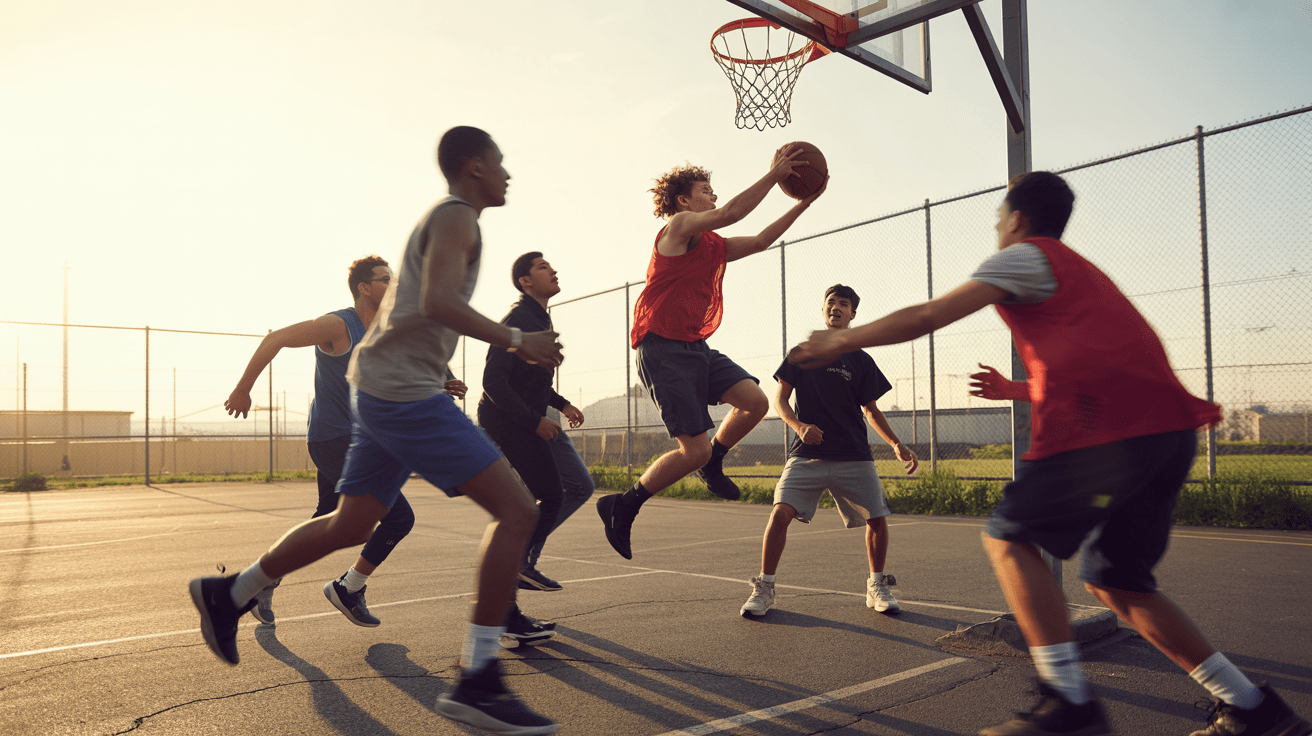
Basketball Shoes: Elevate Your Game on the Court
Basketball is a high-impact sport that involves quick movements, jumps, and frequent changes of direction. Having the right basketball shoes can enhance your performance, and agility, and reduce the risk of injuries. Here are some factors to consider when selecting basketball shoes:
Ankle Support and Stability
Basketball involves a lot of lateral movements and quick direction changes, making ankle support crucial. Look for basketball shoes that provide excellent ankle support, either through high-top designs or innovative technologies, such as internal ankle straps or extended collar heights. These features help prevent ankle sprains and offer stability during intense gameplay.
Cushioning and Responsiveness
The constant jumping and landing in basketball place significant stress on the feet and joints. Opt for basketball shoes with responsive cushioning systems, such as Nike Zoom Air or Adidas Boost, which offer excellent impact absorption and energy return. The right amount of cushioning can help alleviate foot fatigue and enhance your performance.
Traction and Outsole
Basketball shoes should provide excellent traction on indoor courts to ensure optimal grip and prevent slipping. Look for shoes with durable rubber outsoles that feature multidirectional patterns or herringbone patterns, as they offer superior traction and allow quick changes of direction without compromising stability.
Breathability and Lockdown
Basketball is a fast-paced sport that generates heat and sweat. Choosing basketball shoes with breathable uppers helps keep your feet cool and comfortable during intense gameplay. Additionally, consider shoes with a secure lockdown system, such as adjustable straps or lacing mechanisms, to ensure a snug and supportive fit.
Here are some tips on cleaning your Basketball Shoes
FAQs
Q: How often should I replace my sports-specific sneakers?
A: It's generally recommended to replace your sports-specific sneakers every 300-500 miles or when you notice signs of wear and tear. Regularly inspect the outsoles, midsoles, and uppers for any damage or loss of cushioning.
Q: Can I use running shoes for other activities like gym workouts?
A: While running shoes are designed specifically for the repetitive impact of running, they can generally be used for gym workouts and other low-impact activities. However, for activities involving lateral movements, such as court sports or weightlifting, it's advisable to invest in sports-specific sneakers for optimal support and stability.
Q: Are expensive sports-specific sneakers always better?
A: The price of sports-specific sneakers doesn't always correlate with their quality or suitability for your needs. It's essential to prioritize comfort, fit, and features that align with your activity. There are excellent options available at different price points.
Q: Can I clean my sports-specific sneakers in a washing machine?
A: It's generally not recommended to clean sports-specific sneakers in a washing machine, as the agitation and heat can damage the shoes' structural integrity. Instead, follow the manufacturer's instructions for proper cleaning and maintenance, which usually involve gentle hand washing and air drying.
Q: Are there specific sneakers for water sports like swimming or surfing?
A: Yes, there are specialized water sports shoes designed for activities like swimming, surfing, and water aerobics. These shoes typically feature quick-drying materials, non-slip soles, and a lightweight design to provide comfort and protection in wet environments.
Q: Can I wear sports-specific sneakers casually?
A: Yes, sports-specific sneakers can be worn casually as they often feature stylish designs. However, keep in mind that the cushioning and support may be optimized for the specific activity they are intended for, so they may not provide the same level of comfort for extended casual wear as dedicated lifestyle shoes.
Conclusion
Choosing the right sports-specific sneakers is crucial for optimizing performance, preventing injuries, and ensuring comfort during physical activities. Whether you're a runner or basketball player, or engage in other sports, understanding the unique requirements of your chosen activity will guide you in making informed footwear decisions. Consider factors such as foot type, cushioning, traction, and support to find the perfect fit for your needs. Remember, investing in high-quality sports-specific sneakers is an investment in your health, well-being, and athletic performanc
